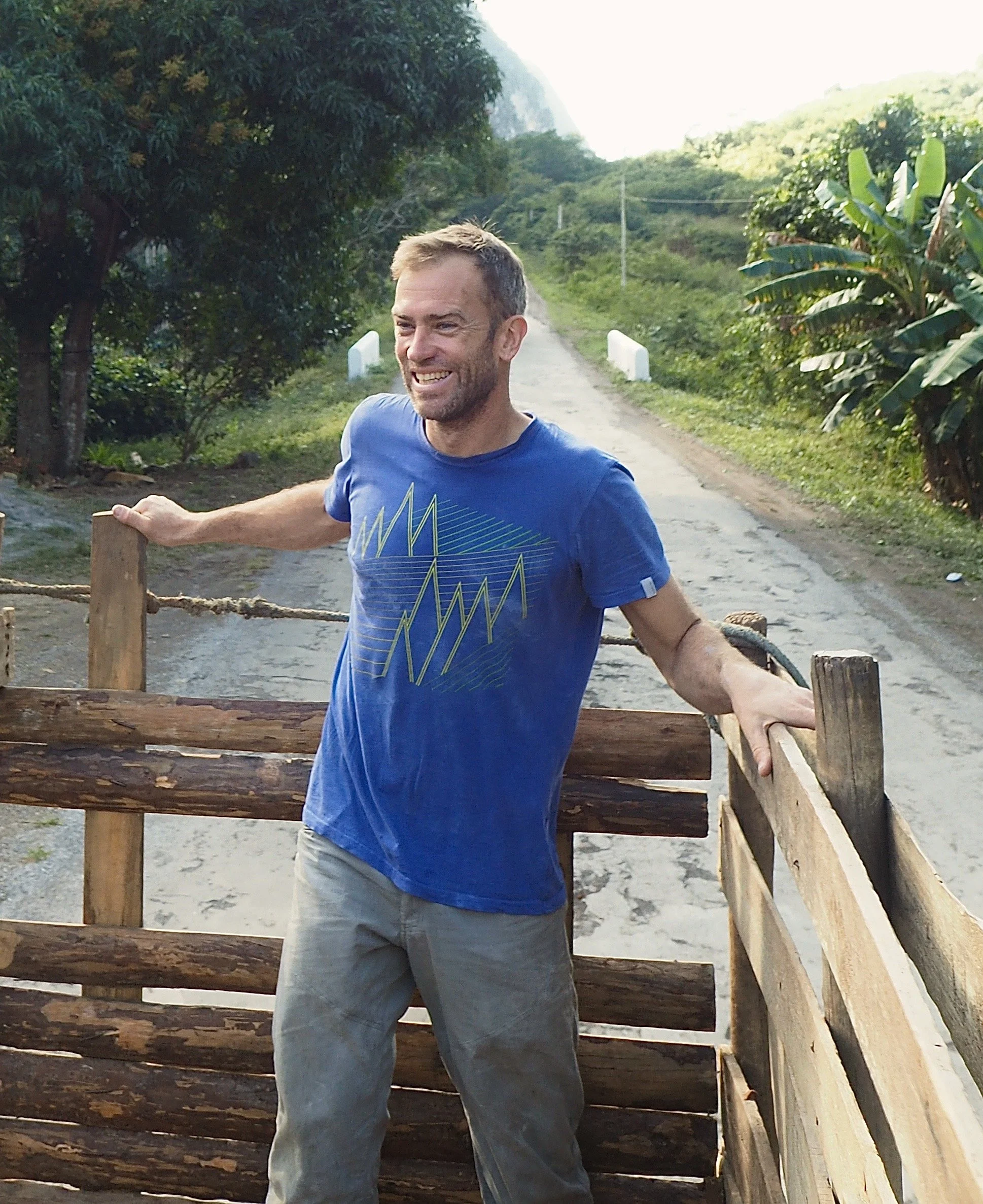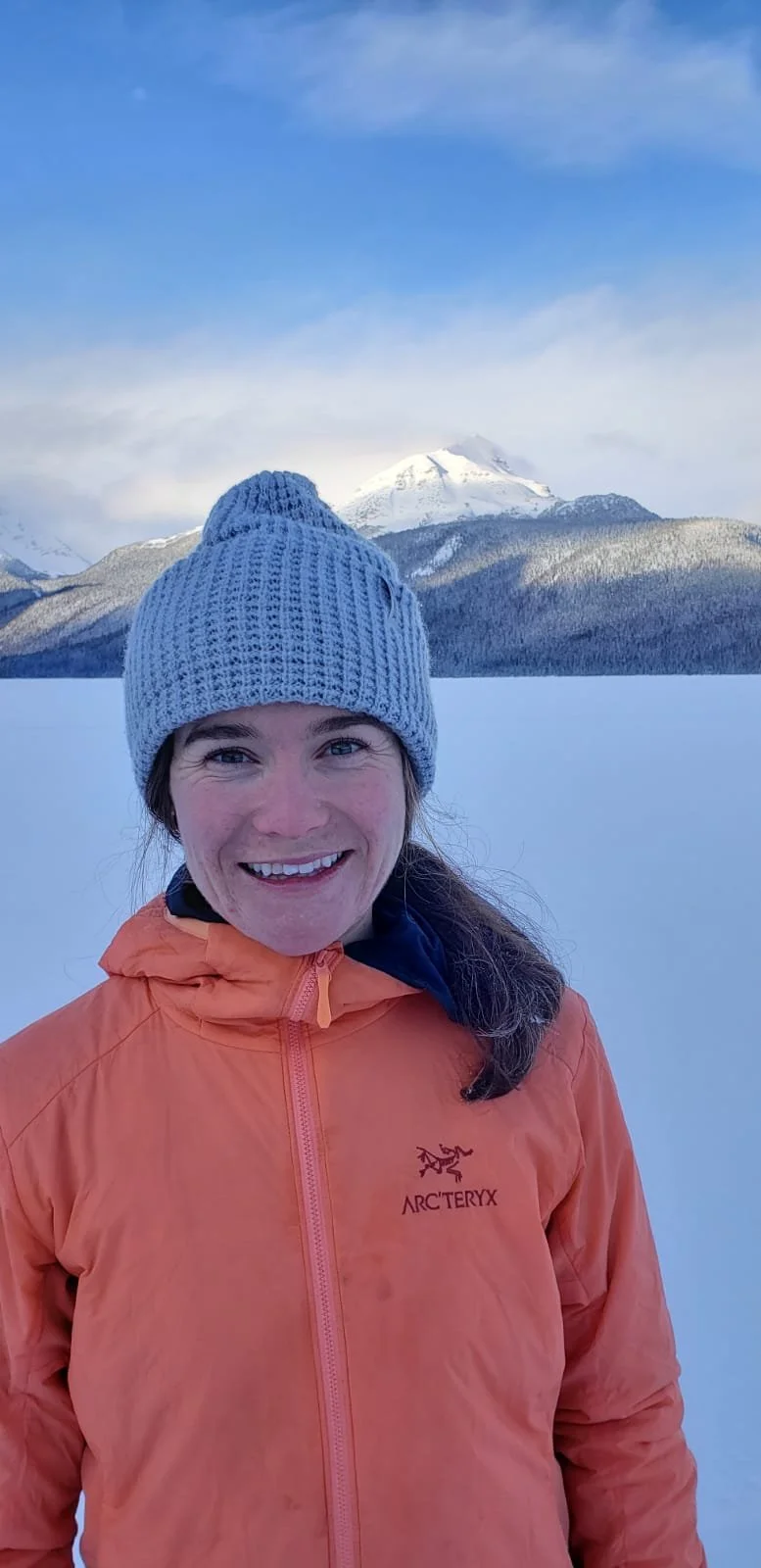
PHYSIOTHERAPY FOR CLIMBERS IN HAMILTON
Injury Recovery For Climbers
Proud Partner with the Arc’teryx Climbing Team
Injuries often don’t remove you from climbing altogether but they DO limit performance and enjoyment
Jess & Don are physiotherapists trained to help you come up with a plan to get you sending again. They themselves are long time climbers and work with professionals on the Arcteryx athlete team and recreational climbers for local gyms such as Gravity and climbers rock alike to address injuries and performance issues. Reach out if you need help with …
Rehabilitation (ex. Fingers, shoulder, elbow, wrist)
Mobility (High steps, stems, heel hooks)
Strength & Conditioning (Fingers, core, pull, antagonists)
Our 3 Step Process
Discover the root cause
Our physiotherapist will discuss and evaluate your individual issue with you. Through a thorough assessment they will identify what factors are contributing to and how they can help solve your problem.
Come up with a plan
We’ll work with you to come up with a plan that’s individualized to you and helps you get back to what you love. This plan will consider what was found during the initial assessment and also your personal goals and preferences.
Improve your climbing
We don’t just want you to be symptom free, we want to help you optimize your climbing performance. This can involve discovering and working on areas of opportunity with respect to your strength, power, and mobility.
Climbing shouldn’t be painful and that high step doesn’t need to feel so high!
Kind Words From Our Climbing Athletes
Climbing Rehabilitation
FAQs
I don’t live near Dundas, can I still work with you?
Jess & Don are physiotherapists trained to help you come up with a plan to get you sending again. They themselves are long time climbers and work with professionals on the Arcteryx athlete team and recreational climbers alike to address injuries and performance issues entirely online. This process is proven and can lead to just as much success as in person. Occasionally, depending on where you live, a mix of in person and digital check ins can work also. Start by requesting a session with us and our client experience manager will assist you in finding the right starting point.
If I have pain while climbing should I take a rest day?
Rest assured we’ll keep you climbing! Your therapist will be able to use a thorough assessment to guide your return to climbing. Based on the tissue of concern and the degree of injury, your physio will be able to provide specific modifications to climbing which may include avoiding crimps/pockets/etc, sticking to/avoiding overhung/vertical terrain, limiting volume to a set number of routes/problems, avoiding lockouts/deadpoints/etc.
Can I climb with a pulley injury?
Yes, however, there is most often a period of rest from rock climbing after a pulley injury and the duration of this rest period is relative to the pulley that was injured and the severity of the tear. Your therapist will help guide you through the return to climbing process with clear guidance around climbing volume, specific grip modifications, and supplementary finger and strength training.
I’m a beginner, can I do hang board training?
Although hang boarding can be quite an intense training tool, it can also be a great tool to build resilience and capacity in beginner climbers. Here are some tips for beginners looking to get into hang boarding:
Warmup thoroughly
Volume management is key to safe hang boarding
Hang boarding should be separate from climbing sessions
Rest 48-72hrs between hang board sessions
Why does mobility matter to climbing?
Climbing by it’s nature puts us into strange positions and our bodies are particularly adept at finding a way to make these positions work. Something to remember is that the body is a kinetic chain - the hip bones are connected to the back bones - and as such if you are missing movement in the hips the back will generally pick up the slack to get you into a needed position putting extra strain on the low back. There are countless examples of this throughout the body during rock climbing so get a mobility screen performed and hit those climbing goals.







